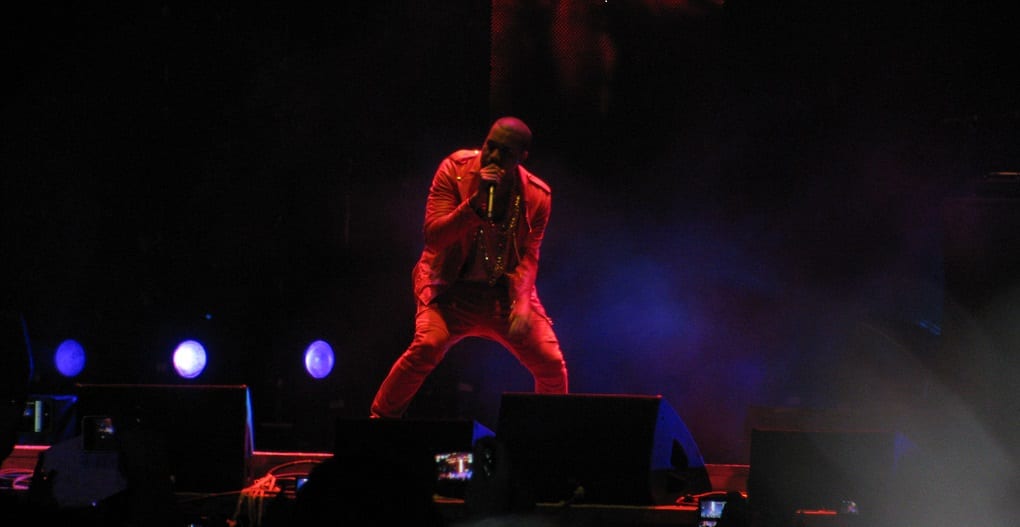“Can someone sue me already?” That’s a question that Kanye West asked on Twitter back in June.[1] The tweet has been deleted, but the issue has remained on the minds of many since he released the music video for “Famous” in July.[2] The video for a song that has already caused so much controversy has stirred up even more debate by portraying wax figures resembling West himself, Kim Kardashian, Rihanna, Donald Trump, Taylor Swift, former President George W. Bush, Bill Cosby, and Caitlyn Jenner, among others.[3] To make things more contentious, the wax figures are completely nude and lying in bed next to each other.
So could a lawsuit be brought against Yeezy? Well, yes, of course, especially given the infamous history between Taylor Swift and the Chicagoan artist. [4] But the real question to ask is, would such a suit be successful? The answer, unfortunately for Swift and any other featured celebrity who’d want damages out of West, is likely to be no.[5]
While there would be a strong case for a possible plaintiff, [6] it would be far from a slam dunk. The suit would probably take place in California – it’s the state in which the video premiered, where the video was likely made,[7] and where Kanye’s permanent residence is. California has many favorable laws for celebrities, including one that gives them a financial interest in situations like this: the Right of Publicity statute. [8] This statute protects against the “use of another’s name, voice, signature, photograph, or likeness for advertising or selling or soliciting purposes” without that person’s consent.[9] This means that, assuming Kanye didn’t get consent from the people portrayed in the video (with the probable exceptions of Rihanna, Kim Kardashian, and Cait Jenner), it’d still be unlikely for a court to rule against him. That’s because the music video isn’t meant to advertise or solicit, but is instead what many courts consider an “expressive work”. [10] Under the California Right of Publicity statute, music videos are commonly accepted art forms, and the statute explicitly lists “audiovisual work” among its permitted creative uses of likeness.[11]
It would appear that Mr. West is likely to get away with yet another controversial statement. But that’s not for sure, especially with common law providing a looser standard and judges and juries being as unpredictable as they are.[12] In either case, it’s probably for the best if Kanye avoids inviting lawsuits on social media.

